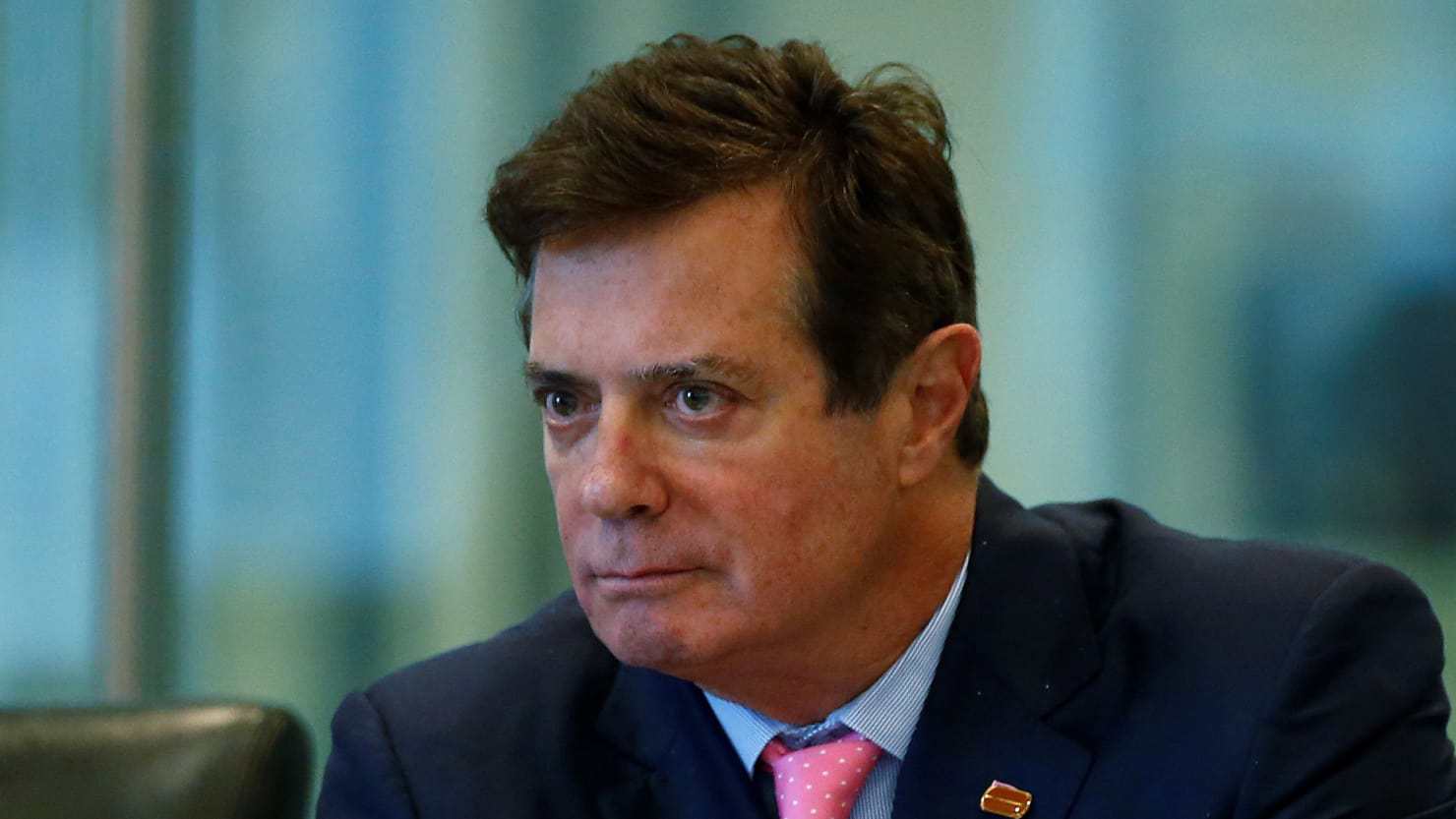The news on Friday that 2016 Trump Campaign Manager Paul Manafort has agreed to cooperate with Special Counsel Robert Mueller sent many of President Trump’s detractors into a fit of giddiness while amongst the GOP, the prevailing moods were those of ambivalence and damage control, or a mixture thereof.
The cooperation agreement was announced by Mueller’s team in U.S. District Court as part of a plea bargain which would allow Manafort to avoid a second federal trial, this time in deep-blue Washington, DC. Mueller’s team reportedly told Judge Amy Berman Jackson that under the deal, Manafort would assist prosecutors on any and all matters that they deem relevant, and that such assistance would include testifying before a grand jury.
CNN -- the only network which pays to have the voice of Darth Vader call it “the most trusted name in news” -- broke away from its wall-to-wall hurricane coverage to broadcast and speculate about the deal and its potential implications. Perhaps fittingly, CNN also appears to be the only 24-hour “news” channel to have cancelled a show after a comedian from Comedy Central went on to that program as a guest and p0wned it on live television, as John Stewart did to the first iteration of CNN's Cross Fire in 2004.
Meanwhile, Rudy Giuliani, who is a former federal prosecutor and former Mayor of New York City as well as a current member of President Trump’s legal team, cited sources close to Manafort’s defense and told Business Insider that the deal only involved Manafort’s cooperation in relation to the charges which had already been brought against him. More specifically, Giuliani reiterated that there was no collusion between Russia and the Trump campaign to interfere in the 2016 presidential election and also said that the deal between Manafort and Mueller didn’t include cooperating against Trump.
Critics, including a former DOJ prosecutor, were quick to pounce on Giuliani’s statement, pointing to the general and broad nature of the plea agreement as it was described by Mueller’s team in open court and saying that Mueller would be unlikely to cut such a deal with Manafort unless it led to “bigger fish.”
Now, enter the facts -- and/or questions.
First, federal prosecutors routinely exaggerate and outright lie in court. Since the DOJ’s Office of Professional Responsibility seems loathe to do its job enforcing ethics rules, there’s often very little if any disincentive to stop them.
Second, a carve-out excluding cooperation against Trump, such as Giuliani described, is indeed possible, either informally or formally in an additional non-public document such as a proffer agreement or a deferred prosecution agreement. So, Giuliani’s citation to sources close to the defense may be accurate and moreover, as a federal prosecutor himself for 7 years, Giuliani may also have sources in the DOJ.
Third, the November midterm elections are fast approaching and Manafort has never been described as a dummy. So, with President Trump seemingly sending signals that he might pardon Manafort, why would Manafort risk that potential pardon for this deal with Mueller, especially when according to its terms, the now-69-year-old could still receive a 10-year federal prison sentence?
Finally, as Trump’s campaign manager, Manafort might know better than anyone that there wasn’t any collusion with Russia during the election and further, all his cooperation agreement commits him to doing, indeed all any such agreement usually commits anyone to doing, is to furnish the truth. So, absent a carve-out, Manafort can pass by the terms of his plea bargain by testifying to that effect, whether before a grand jury or elsewhere.
As for the “bigger fish” theory, Mueller has had over a year and yet he has delivered nothing in terms of actual collusion between Russia and the Trump campaign to show for it. And it seems likely that he too is aware that November is fast approaching. So, at this point, Mueller might just be happy with the prospect that the Manafort deal could preserve the public appearance that he is being thorough and getting results on the eve of the midterms. Indeed, even if behind the shadows being cast by the deal on his kabuki stage, those results are counterproductive for his “investigation,” they can still bear fruit for the Democrats on election day and that’s probably enough for Mueller to consider it a win. After all, if 2016 demonstrated anything, it's that the DOJ does more actual election meddling and has more of an actual impact doing it than any foreign bogeyman.
The author, Marty Gottesfeld, is a political prisoner of the Obama administration. You can learn more and donate to help him at FreeMartyG.com.

 Donate Now
Donate Now
 Follow
Follow 
